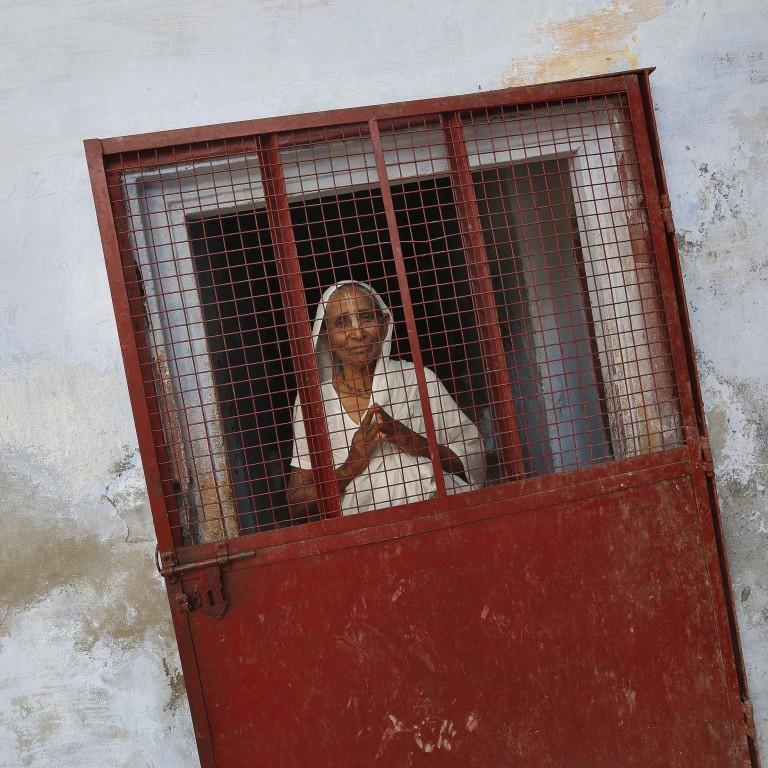
Economic empowerment of women can unlock door to sustainable development
Shamshad Akhtar says regional leaders must renew their commitment to advance women's rights and status in all sectors
Change is in the air: today, women have better access to education, health services and jobs, as well as a greater voice in parliaments. However, progress in women's empowerment has been slow and uneven. Growth and development gains have not been shared equally, with development gaps wider for the poor, ethnic minorities and those at the lower end of the income stratum. Violence, conflicts and climate adversities have disproportionately affected women, magnifying gender injustice and vulnerabilities.
Greater integration of women in the labour market - at all levels and in all sectors - is key to equitable, inclusive and sustainable development and is a legitimate right of women. Even though women constitute 50 per cent of Asia-Pacific's total working-age population, their participation in formal employment is uniformly lower than that of men.
In many countries in the region, the national female employment-to-population ratios are less than 50 per cent, which is not the case for men; in some nations, the female employment-to-population ratios fall below 30 per cent. Also, women's contribution to Asia-Pacific economies through household and informal-sector labour is recognised but unrecorded in the national accounts.
Gender-based discrimination is pervasive and goes beyond labour force participation, as social and cultural taboos perpetuate discriminatory and restrictive traditional gender roles in women's and men's lives.
There is a cost to gender discrimination and inequality: UN estimates show that low participation by Asia-Pacific women in the labour market bears an annual opportunity cost of more than US$89 billion. A World Bank analysis reveals that if women's economic activity were on par with men's, economic growth in many Asia-Pacific nations could increase by as much as 18 per cent.
Equally worrying are trends in key Asia-Pacific social indicators: the region accounts for nearly 40 per cent of the world's maternal deaths, up to 70 per cent of women suffer violence during their lifetimes, female literacy levels in some areas of South and Southwest Asia are less than 50 per cent, and, too often, women's participation in national legislatures is below 10 per cent.
Next year marks the 20th anniversary of the adoption of the Beijing Declaration and Platform for Action, which is the global agenda for achieving gender equality and advancing the status of women and girls.
As part of the 20-year review, Asia-Pacific governments have identified women's economic empowerment, political participation and the elimination of violence as fundamental to our future, and a priority for achieving gender equality in the region.
Policymakers must tackle a host of issues in order for women and men, girls and boys, to have equal opportunities. Strategic measures for enhancing women's economic empowerment range from strengthening and enforcing laws to initiatives that promote decent work and work-life balance for women and men.
This week, at the Asian and Pacific Conference on Gender Equality and Women's Empowerment: Beijing+20 Review, ministers and other policymakers in the region will have the opportunity to renew their political commitment to empower women and advance their status in all sectors.
Providing an impetus to the debate, the G20 has called for reducing the gap between female and male labour force participation in their countries by 25 per cent. Realisation of this goal by 2025 - no small feat - would add 100 million more women to the labour force. Asia and the Pacific could lead the way. Facilitating women's integration in formal employment, governments and the private sector need to embrace flexible working hours and telework; tailor tax systems based on personal income (not family incomes); and provide high-quality affordable child and elderly care services.
Equally important is challenging the underlying stereotypes and assumptions about childbearing, parenting and the roles of women and men in the home and the workplace. In particular, the needs and interests of vulnerable groups of working women - such as domestic, migrant, informal sector and rural workers - must be addressed. Traditional gender roles that confine women to caring, cashiering, cleaning, catering and clerical work must be revisited, if the "glass ceiling" is ever to be fully dismantled.
Significant and substantive gains for women's economic empowerment, and for gender equality more generally, require more resources, greater accountability, stronger partnerships and institutions, and better regional cooperation.
The Asia-Pacific Beijing+20 Conference offers a valuable chance for our region to celebrate women and recognise their value - both as a matter of human rights and for our shared prosperity.
